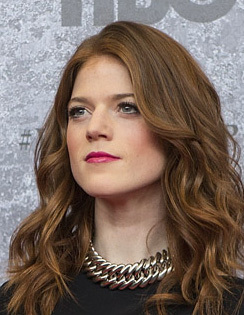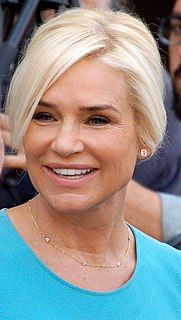A Quote by Debbie Macomber
First and foremost, I consider myself a storyteller. And I'm endlessly fascinated with people, with what they do and why... and how they feel about it. Which means I'm interested in romance fiction. I was drawn to it, as both a reader and a writer, at the very beginning of my career. It's my kind of storytelling.
Related Quotes
Evidently, there are many great American writers. But sometimes it can feel as though American fiction is dominated by relatively linear narrative form, with a heavy emphasis on psychological realism. If you limit yourself to a certain kind of American literary fiction, it's easy to forget about the different kinds of books that are being written. You can forget to be ambitious, both as a reader and a writer.
The best thing about writing fiction is that moment where the story catches fire and comes to life on the page, and suddenly it all makes sense and you know what it's about and why you're doing it and what these people are saying and doing, and you get to feel like both the creator and the audience. Everything is suddenly both obvious and surprising ("but of course that's why he was doing that, and that means that...") and it's magic and wonderful and strange.
On a very small scale, I kind of understand why the directors that I work with do certain things. I don't consider myself an incredible director. I'm not ready to do movies by any means. But, I feel like I can be a better actress now that I've been on the other side and kind of understand the process and more of the technical aspects of it.


































